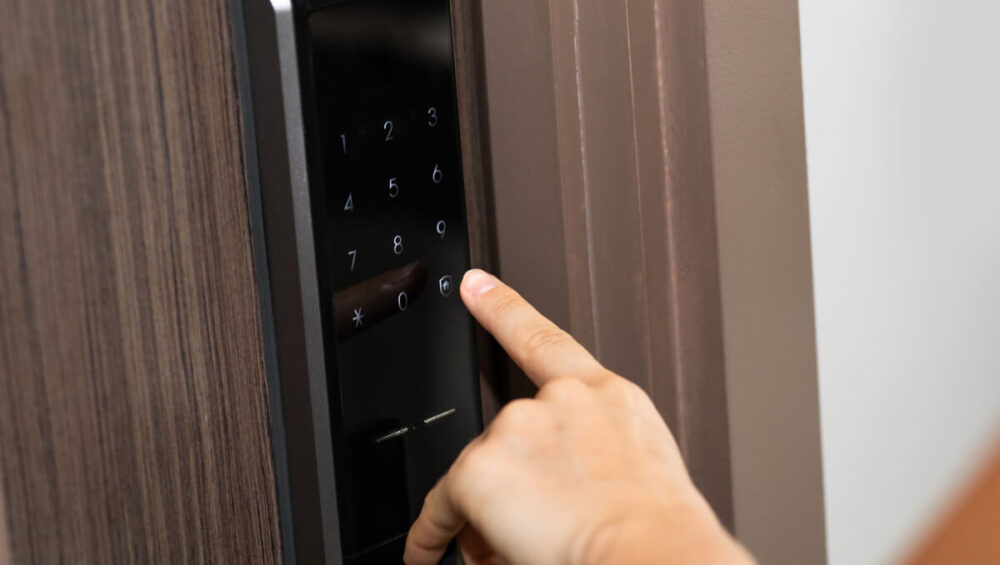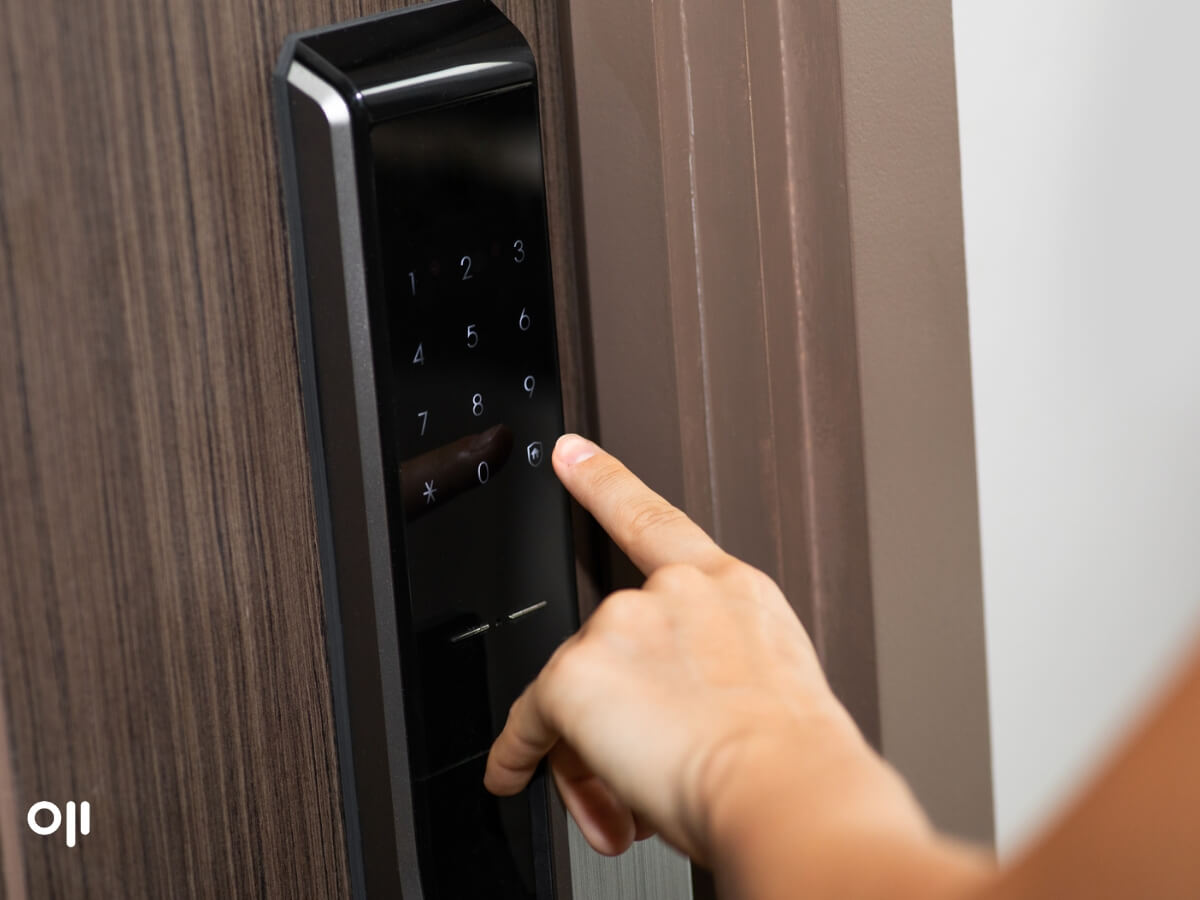Should I buy a Smart Lock?
As our lives become increasingly digital, the very essence of home security is being reimagined. The traditional keys that once jingled in our pockets are being replaced by digital access codes, biometrics, and mobile apps. The linchpin of this revolution is the smart lock—a device seemingly straight from the pages of a sci-fi novel.
Yet the question stands: should you buy a smart lock? It’s a question many homeowners and renters alike are grappling with. To answer it, we need to weigh the convenience and enhanced security of smart locks against their cost and potential vulnerabilities.
Understanding the Smart Lock
Simply put, a smart lock is an electromechanical lock that can be locked and unlocked wirelessly. By connecting to your smartphone or home network, these devices allow you to control access to your home remotely, track who comes and goes, and even grant temporary access to guests.
The Convenience Factor
For many, the allure of smart locks lies in the convenience they offer. Gone are the days of fumbling for keys or worrying about losing them. With a smart lock, your smartphone becomes your key. You can even set your door to unlock automatically as you approach it.
For those who frequently have visitors or workers coming in and out of their homes, smart locks offer the ability to generate temporary digital keys. This can be a game-changer for Airbnb hosts, for instance, or anyone who wants to let in a friend or dog walker without physically exchanging keys.
Enhanced Security or Security Risk?
The promise of smart locks is a more secure home, but does the reality match the promise? There’s no simple answer. The top-of-the-line smart locks come with features like built-in alarms, auto-lock functionality, and tamper detection. They can certainly offer more active security features than a traditional deadbolt.
On the flip side, any device connected to the internet is vulnerable to hacking. While high-end smart locks use encryption to minimize this risk, no system is entirely foolproof. There are also concerns about what happens during power or internet outages, although many smart locks feature a backup key or power source.
Cost Considerations
The price tag is another significant consideration. A good smart lock can set you back anywhere from $100 to over $300. Then there’s the potential cost of a smart home hub if your chosen smart lock requires one to function.
It’s also worth noting that while a smart lock can offer an additional layer of security, it’s not a substitute for a comprehensive home security system. Depending on your needs and budget, you may still want to invest in security cameras, alarms, and monitoring services.
Frequently Asked Questions
What is a smart lock?
A smart lock is an electromechanical lock that can be locked and unlocked wirelessly using your smartphone or other authorized devices.
How do smart locks offer more convenience?
Smart locks eliminate the need for physical keys, instead using your smartphone or biometric data to unlock your door. They can also be set to unlock automatically as you approach and can generate temporary digital keys for visitors.
Are smart locks more secure than traditional locks?
High-end smart locks offer active security features like built-in alarms, auto-lock functionality, and tamper detection, which can be more secure than traditional locks. However, as they are internet-connected, they can be vulnerable to hacking.
How much does a smart lock cost?
The cost of a smart lock can range anywhere from $100 to over $300, depending on the brand and features. Some smart locks may also require a smart home hub to function, which is an additional cost.
What happens if the power or internet goes out?
Many smart locks feature a backup key or power source for such situations. It’s important to check this before purchasing.
Should I buy a smart lock?
This depends on your individual needs, budget, and comfort with the technology. If you frequently lose your keys or need to grant temporary access to your home, a smart lock could be a great addition. However, if you’re content with your current lock and concerned about potential hacking, you might want to stick with traditional locks.
Can a smart lock replace my home security system?
While a smart lock can add an additional layer of security to your home, it doesn’t replace a comprehensive home security system. Depending on your needs, you may still want to invest in security cameras, alarms, and monitoring services.
What are the potential digital vulnerabilities of smart locks?
As internet-connected devices, smart locks are vulnerable to hacking. While manufacturers use encryption and other measures to secure their devices, no system is entirely foolproof.
What if I frequently have visitors or workers coming in and out of my house?
Smart locks are great for this, as you can generate temporary digital keys for visitors or workers, removing the need for physical key exchanges. This can be especially useful for Airbnb hosts or those who employ home-based services.
So, Should I Buy a Smart Lock?
The decision to buy a smart lock boils down to a personal cost-benefit analysis. The conveniences are clear: remote access, ease of use, and high-tech security features. However, these come at a price—not just financial, but also potential digital vulnerabilities.
As with any technology, the choice to adopt should be driven by your individual needs. If you frequently lose your keys, need to grant temporary access to your home, or just love having the latest tech, a smart lock could be a great addition to your household.
On the other hand, if you’re content with your key-operated lock and wary of potential hacking, sticking with traditional locks might be best for you. After all, while they might lack the bells and whistles, these tried-and-tested systems have been keeping homes safe for centuries.
In conclusion, while the smart lock revolution is exciting, it’s not for everyone. Do your research, understand the pros and cons, and most importantly, ensure that your choice matches your lifestyle, budget, and peace of mind. The future of home security may be here, but the choice to embrace it remains in your hands.


